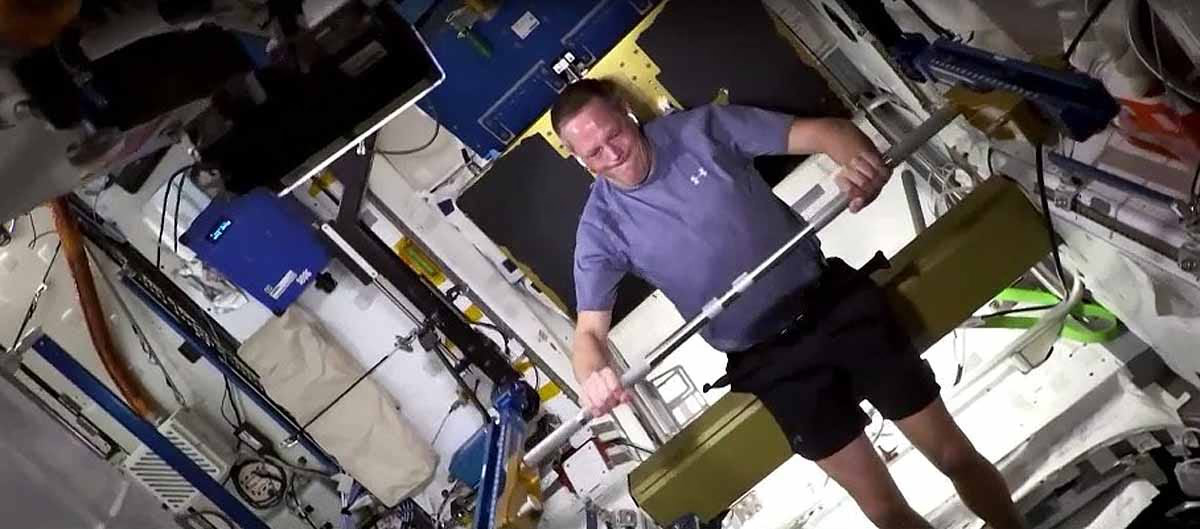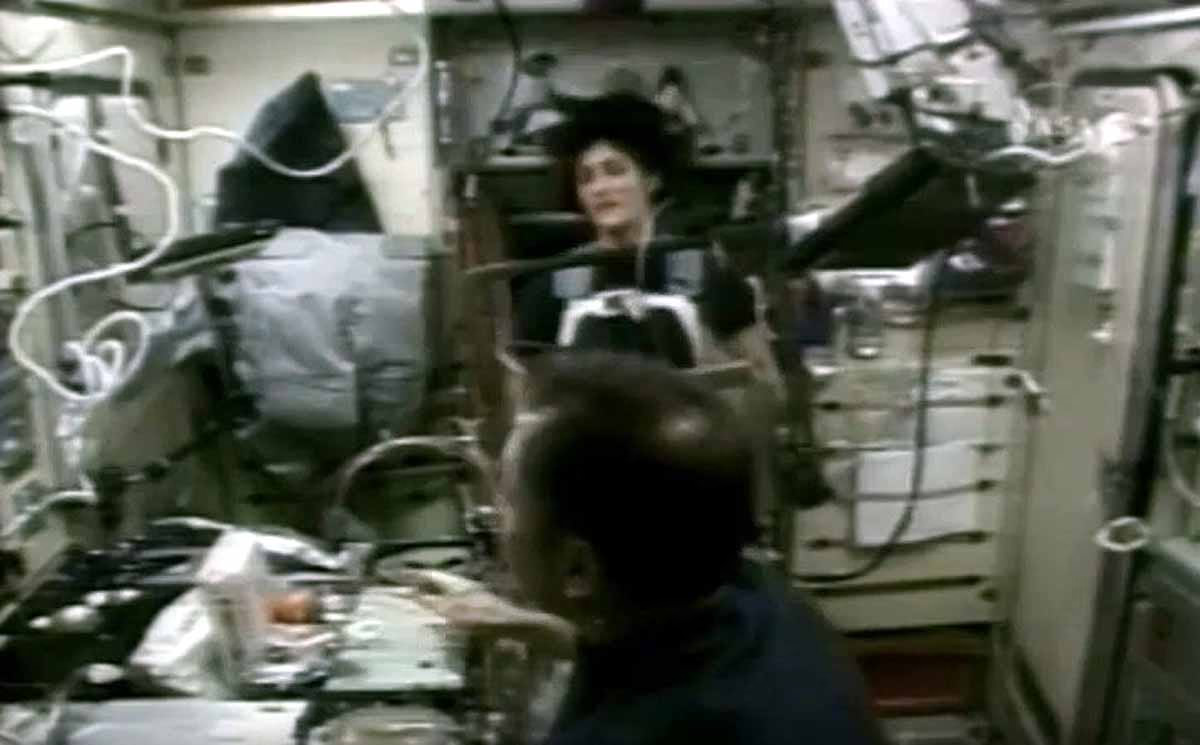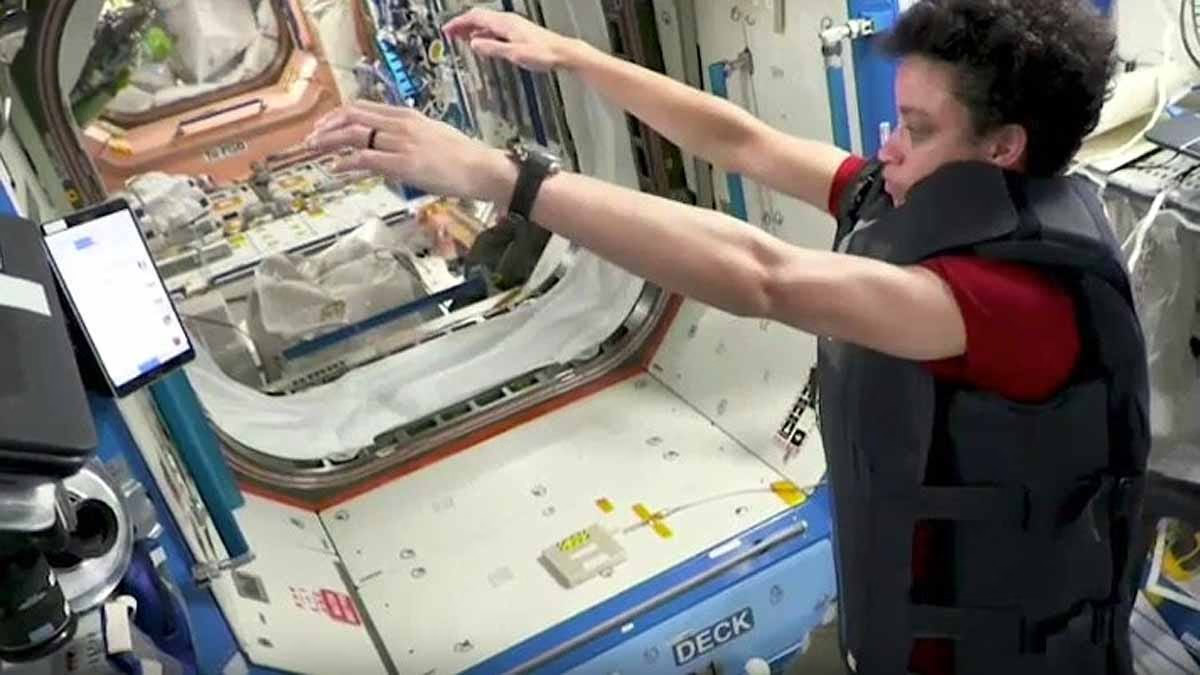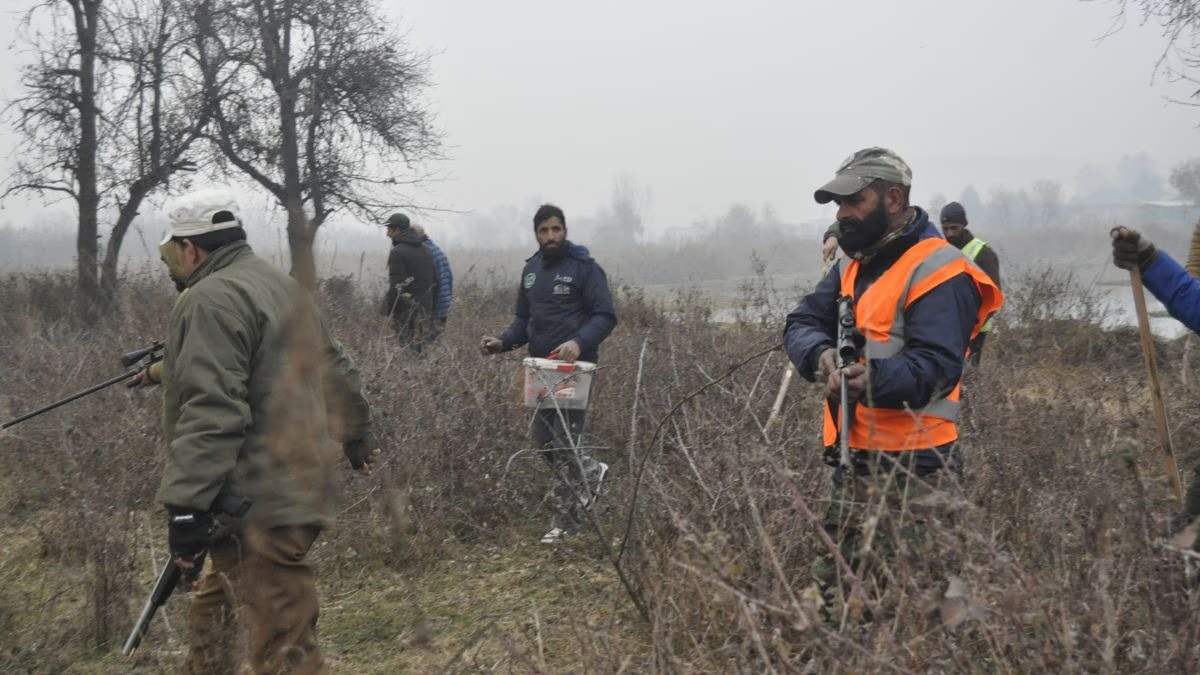After birth, we naturally progress towards old age. Scientists have proven that aging is a condition. Now a new claim is that the secrets behind aging will be unlocked in space. Let's find out how?
Currently, human tissues taken from the Oxford Space Innovation Lab (SIL) are at the International Space Station (ISS). They are kept there to observe the effects of living in space. Does space accelerate the aging process of tissues?
Read Also: PSLV-C59/PROBA-3 Mission: Satellite Issues... ISRO Postpones Launch

Source: aajtak
This experiment investigates how microgravity affects our bodies. Does it cause accelerated aging? Aging is not just a number but represents rapid biological aging within our bodies. Cells both in space and on Earth are being studied to understand differences over time.
Preparing to Keep Cells Youthful
Lead researcher Dr. Ghada AlSaleh of SIL stated that we are examining a scenario between space and biology. We study and compare cells from the space station and similar cells on Earth. This will reveal why aging occurs in space and its effects on cells. The goal is to reverse these conditions on Earth to keep cells young.
Read Also: India’s Cyclone Zone Woes... The Impact of Cyclones like Remal, Asna, Dana, Fengal This Year

Source: aajtak
Dr. AlSaleh mentioned that essentially, miniaturized organs, known as organoids, are placed on the space station. These tiny labs, barely a few centimeters in size, provide real-time data directly to the SIL without astronaut interference.
Two Benefits from Space Station Study
Space missions, ongoing for decades, impact astronauts' bodies. They face issues like reduced bone density and weakened immune systems. Dr. AlSaleh emphasized our desire for longer, youthful lives on Earth because early aging brings numerous diseases. This research offers two benefits: improving health and youth on Earth and easing conditions for astronauts in space.
Read Also: Russia Conducts Dangerous Tests in the Mediterranean... Testing Hypersonic, Supersonic, and Cruise Missiles
The primary aim is to prevent or reduce age-related health issues, like bone weakening and immune system decline. If successful, humans may one day thrive on Mars and beyond, maintaining good health for extended periods.




